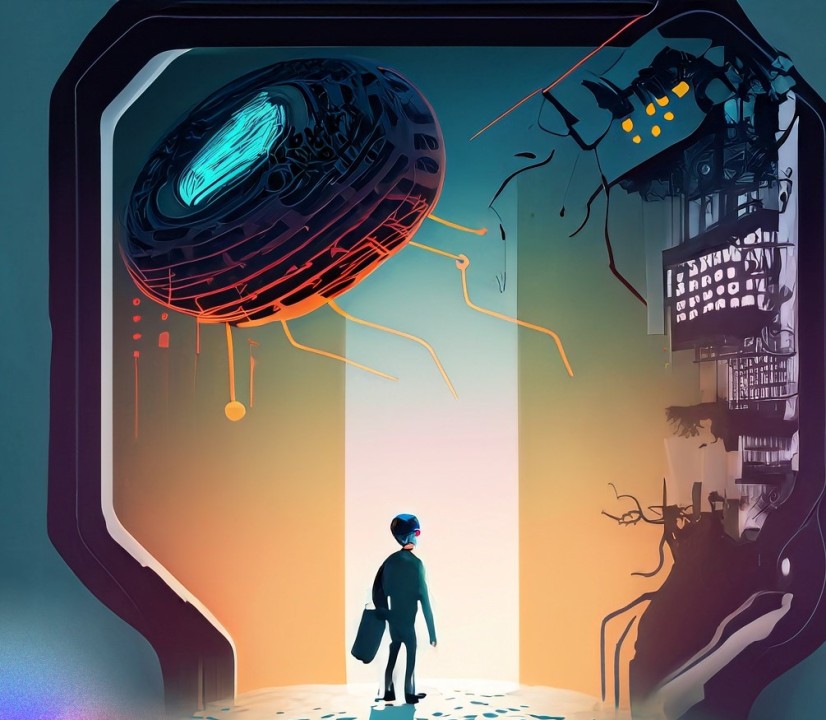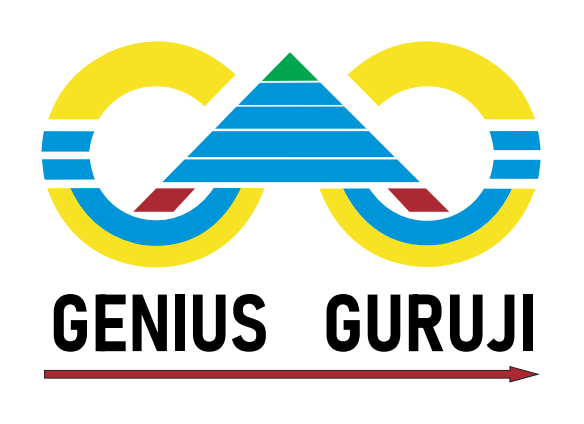Blog details
 The Future of Education: Embracing Technology for a Brighter Tomorrow
The Future of Education: Embracing Technology for a Brighter Tomorrow
In today's rapidly evolving world, technology is reshaping every aspect of our lives, including education. As we look towards the future, it becomes evident that embracing technological advancements is crucial for creating a brighter tomorrow. From innovative teaching methods to personalized learning experiences, the integration of technology in education is transforming the way we learn and teach.
One of the most significant changes brought about by technology is the shift towards online learning. The flexibility and accessibility of online courses have made education more inclusive, allowing students from diverse backgrounds to gain knowledge and skills from the comfort of their homes. Platforms like Coursera, Udemy, and Khan Academy offer a wide range of courses, enabling learners to pursue their interests and career goals at their own pace.
Another remarkable development is the use of artificial intelligence (AI) in education. AI-powered tools and applications are revolutionizing the learning process by providing personalized recommendations, adaptive learning paths, and real-time feedback. For instance, AI-driven platforms can analyze a student's strengths and weaknesses, tailoring the curriculum to meet their specific needs. This not only enhances the learning experience but also helps students achieve better outcomes.
Moreover, virtual and augmented reality (VR/AR) are opening up new possibilities for immersive learning experiences. Imagine studying ancient history by virtually exploring archaeological sites or learning about the human body through interactive 3D models. These technologies bring abstract concepts to life, making learning more engaging and effective.
In addition to these advancements, collaborative tools and social media are fostering a sense of community among learners. Students can connect with peers and experts from around the world, participate in discussions, and share their knowledge. This collaborative approach promotes critical thinking, creativity, and problem-solving skills, essential for success in the 21st century.
However, the integration of technology in education is not without challenges. Issues such as digital divide, data privacy, and the need for teacher training must be addressed to ensure equitable access and effective implementation. Governments, educational institutions, and tech companies must work together to overcome these obstacles and create an environment where technology can thrive.
As we move forward, it is essential to embrace the potential of technology in education. By leveraging the power of AI, VR/AR, online learning, and collaborative tools, we can create a future where education is more accessible, personalized, and impactful. The journey towards a brighter tomorrow begins with embracing these technological advancements and reimagining the way we learn and teach.

